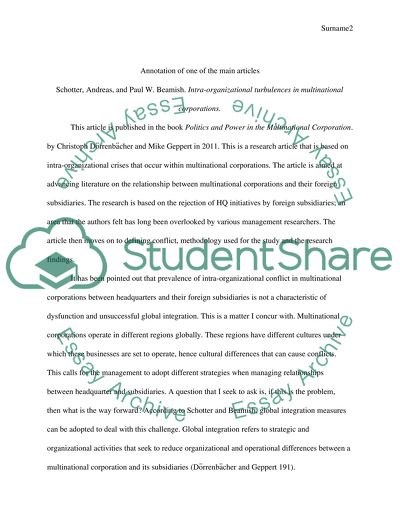Cite this document
(“The Negotiation of Culture in Multi-National corporations Research Paper”, n.d.)
The Negotiation of Culture in Multi-National corporations Research Paper. Retrieved from https://studentshare.org/english/1464365-the-negotiation-of-culture-in-multi-national
The Negotiation of Culture in Multi-National corporations Research Paper. Retrieved from https://studentshare.org/english/1464365-the-negotiation-of-culture-in-multi-national
(The Negotiation of Culture in Multi-National Corporations Research Paper)
The Negotiation of Culture in Multi-National Corporations Research Paper. https://studentshare.org/english/1464365-the-negotiation-of-culture-in-multi-national.
The Negotiation of Culture in Multi-National Corporations Research Paper. https://studentshare.org/english/1464365-the-negotiation-of-culture-in-multi-national.
“The Negotiation of Culture in Multi-National Corporations Research Paper”, n.d. https://studentshare.org/english/1464365-the-negotiation-of-culture-in-multi-national.


